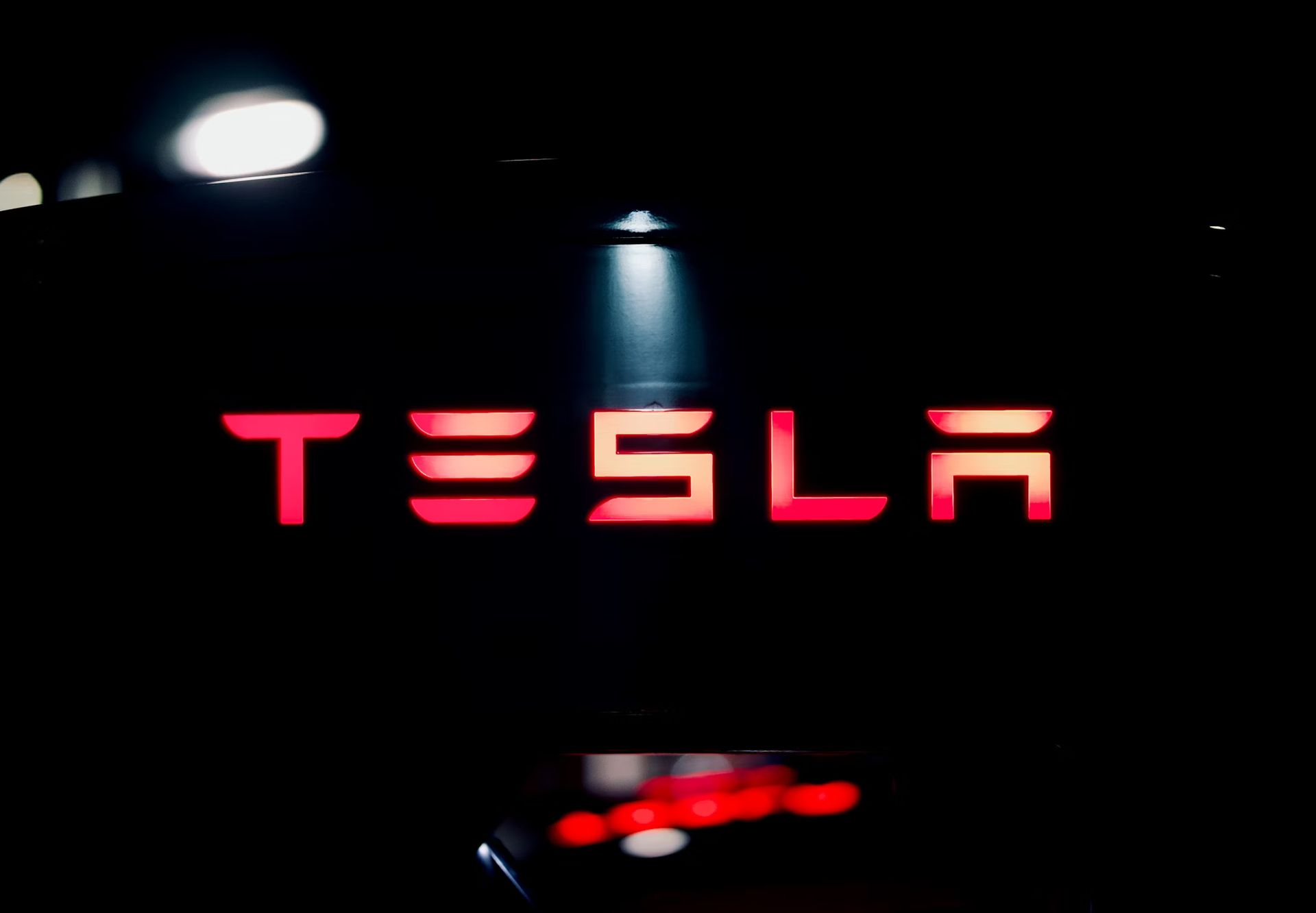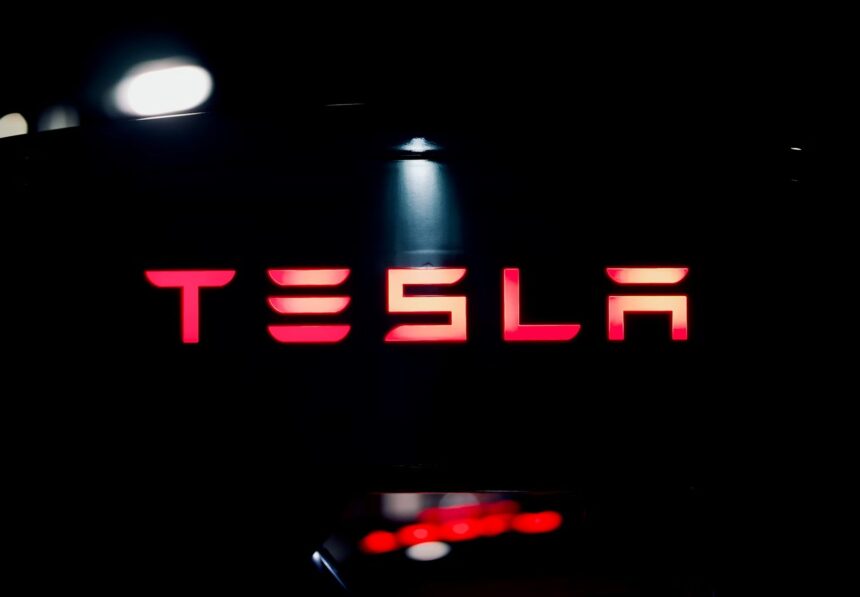
Tesla Inc. experienced a significant market rally, pushing its valuation above $1 trillion, but maintaining this growth in 2025 poses challenges related to CEO Elon Musk’s political involvement, upcoming projects, and competition in China.
Tesla’s valuation exceeds $1 trillion amid challenges ahead
In October, Tesla unveiled its autonomous “Cybertaxi,” which, despite receiving criticism from Wall Street for its vague details, fueled a surge in the company’s stock price. Shay Natarajan, a partner at Mobility Impact Partners, noted, “Tesla has something that a lot of EV companies don’t have: a somewhat legitimate path to autonomy.”
The incoming Trump administration is reportedly considering the elimination of tax incentives for electric vehicles (EVs). Analysts at Morgan Stanley labeled this potential move as “disruptive to near-term demand.” However, they also indicated that the long-term implications could be “more neutral or even relatively positive” for Tesla. Musk has previously expressed skepticism towards consumer tax credits, arguing they create less competitive market conditions and inhibit Tesla’s market share.
Natarajan drew parallels to China, which reduced EV incentives in 2022, leading to a significant drop in EV sales. Although prices eventually decreased and are expected to rebound in 2024, the uncertainty created by the government’s actions caused consumers to hesitate. She remarked, “Consumers don’t like uncertainty, and there’s always a wait-and-see moment.”
Market analysts predict that U.S. EV sales may not follow the same trajectory as China’s. Chinese automakers prioritize market share over profit margins, which complicates direct comparisons. Natarajan noted that the ongoing uncertainty supports a less favorable environment for consumers.
Why BATMMAAN stocks are investors’ favorites: Tesla, Apple, Nvidia and more
Despite Wall Street placing great hope on Tesla’s autonomous vehicle technology, Tu Le, managing director at Sino Auto Insights, remains skeptical about its ability to sustain a competitive advantage. He pointed out that Tesla is polarizing in the U.S. market, with some potential buyers eschewing Tesla EVs altogether. Le forecasted that sales may remain flat in the coming year, and Musk’s projection of 20% to 30% sales growth for 2025 may be overly optimistic.
Tesla sold approximately 1.8 million vehicles in 2023. The company’s sales figures for 2024 are expected to be revealed soon. Analysts, including Garrett Nelson from CFRA, suggest that various factors, such as increasing oil production, potential strengthening of the U.S. dollar, and the likely phasing out of tax incentives, could impede growth.
Tesla’s Full Self Driving (FSD) software, touted as a “game changer” by Wall Street, faces substantial competition in the autonomous vehicle sector, particularly in China. While FSD may find a more favorable regulatory environment under a Trump administration, competition remains fierce, complicating Tesla’s position. Even the anticipated rollout of a cheaper Tesla EV is expected to contend with significant market challenges.
Analysts at Deutsche Bank highlighted that while Musk is well-regarded in China, uncertainties regarding future relations between the two economies present a significant variable for Tesla. The firm is the only foreign automaker with notable presence in China’s EV marketplace.
Domestically, Tesla’s polarizing brand image may curb its growth, with analysts casting doubt on Musk’s ambitious 2025 sales targets. Even a cheaper EV model, though promising, must battle entrenched competitors in an evolving and price-sensitive market. Tesla’s path forward demands not just innovation, but deft navigation of policy shifts, market dynamics, and intensifying global rivalries.
Disclaimer: The content of this article is for informational purposes only and should not be construed as investment advice. We do not endorse any specific investment strategies or make recommendations regarding the purchase or sale of any securities.
Featured image credit: Prometheus/Unsplash






